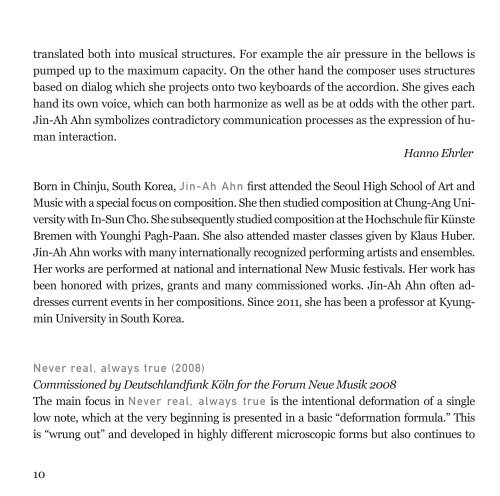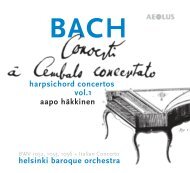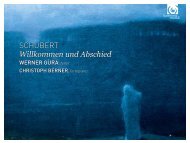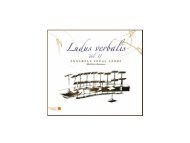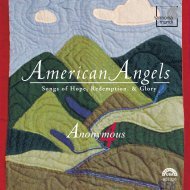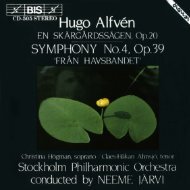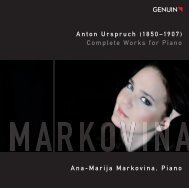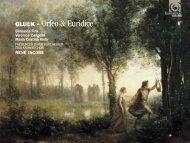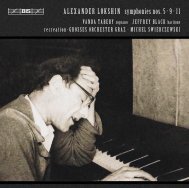Mirror – New Music for Accordion - eClassical
Mirror – New Music for Accordion - eClassical
Mirror – New Music for Accordion - eClassical
Sie wollen auch ein ePaper? Erhöhen Sie die Reichweite Ihrer Titel.
YUMPU macht aus Druck-PDFs automatisch weboptimierte ePaper, die Google liebt.
translated both into musical structures. For example the air pressure in the bellows is<br />
pumped up to the maximum capacity. On the other hand the composer uses structures<br />
based on dialog which she projects onto two keyboards of the accordion. She gives each<br />
hand its own voice, which can both harmonize as well as be at odds with the other part.<br />
Jin-Ah Ahn symbolizes contradictory communication processes as the expression of human<br />
interaction.<br />
Hanno Ehrler<br />
Born in Chinju, South Korea, Jin-Ah Ahn first attended the Seoul High School of Art and<br />
<strong>Music</strong> with a special focus on composition. She then studied composition at Chung-Ang University<br />
with In-Sun Cho. She subsequently studied composition at the Hochschule für Künste<br />
Bremen with Younghi Pagh-Paan. She also attended master classes given by Klaus Huber.<br />
Jin-Ah Ahn works with many internationally recognized per<strong>for</strong>ming artists and ensembles.<br />
Her works are per<strong>for</strong>med at national and international <strong>New</strong> <strong>Music</strong> festivals. Her work has<br />
been honored with prizes, grants and many commissioned works. Jin-Ah Ahn often addresses<br />
current events in her compositions. Since 2011, she has been a professor at Kyungmin<br />
University in South Korea.<br />
Never real, always true (2008)<br />
Commissioned by Deutschlandfunk Köln <strong>for</strong> the Forum Neue Musik 2008<br />
The main focus in Never real, always true is the intentional de<strong>for</strong>mation of a single<br />
low note, which at the very beginning is presented in a basic “de<strong>for</strong>mation <strong>for</strong>mula.” This<br />
is “wrung out” and developed in highly different microscopic <strong>for</strong>ms but also continues to<br />
be integrated within a higher syntactical system of rests. The <strong>for</strong>mula and rest begin “to<br />
speak,” each level <strong>for</strong> itself, but through their interaction they also <strong>for</strong>m a rhetorical system<br />
at a higher level. During the piece, a very high tonal space opens up over the low range. The<br />
rougher de<strong>for</strong>mations from the bass register are redirected from there into more intricately<br />
oriented systems of beats which then rhythmically and continuously pulsate. The mid-range<br />
is completely left out in the piece, although the “spatial vacuum” framed in the piece is always<br />
perceptible. The piece is dedicated to Margit Kern in friendship.<br />
Born in Landau in the Palatinate in 1965, Charlotte Seither regularly collaborates with<br />
well-known concert artists as well as with ensembles such as the BBC Symphony Orchestra<br />
London, the ASKO Kamerkoor Amsterdam and Ensemble Modern. She has appeared in<br />
concert at many festivals including the Generations Festival Warsaw, Gaudeamus Amsterdam,<br />
Nuova Consonanza in Rome and IFWM Seoul. She received her PhD in 1998. She was<br />
the first German to win First Prize at the 1995 Prague Spring Composition Competition.<br />
In 2004 she was the First Prize winner at the “Ciutat de Palma” International Orchestra<br />
Composition Competition in Spain and was a scholarship recipient of the Studienstiftung<br />
des deutschen Volkes (from 1988 to 1991). She was awarded the Ernst von Siemens <strong>Music</strong><br />
Foundation endowment award in 2003. She has been artist-in-residence at the Cité des<br />
Arts Paris (1999), Akademie Schloss Solitude Stuttgart (1995), the Palazzo Barbarigo Venice<br />
(1993) and at Villa Aurora Los Angeles (2000). In 2009 she was awarded a scholarship<br />
from the Federal Minister of Culture <strong>for</strong> the German Academy “Villa Massimo” in Rome.<br />
In 2010 Charlotte Seither was awarded the Praetorius <strong>Music</strong> Prize of Lower Saxony and<br />
in 2012 the Palatinate <strong>Music</strong> Prize. Her compositions are per<strong>for</strong>med throughout Europe,<br />
Asia, Canada, South America and the United States.<br />
10 11


